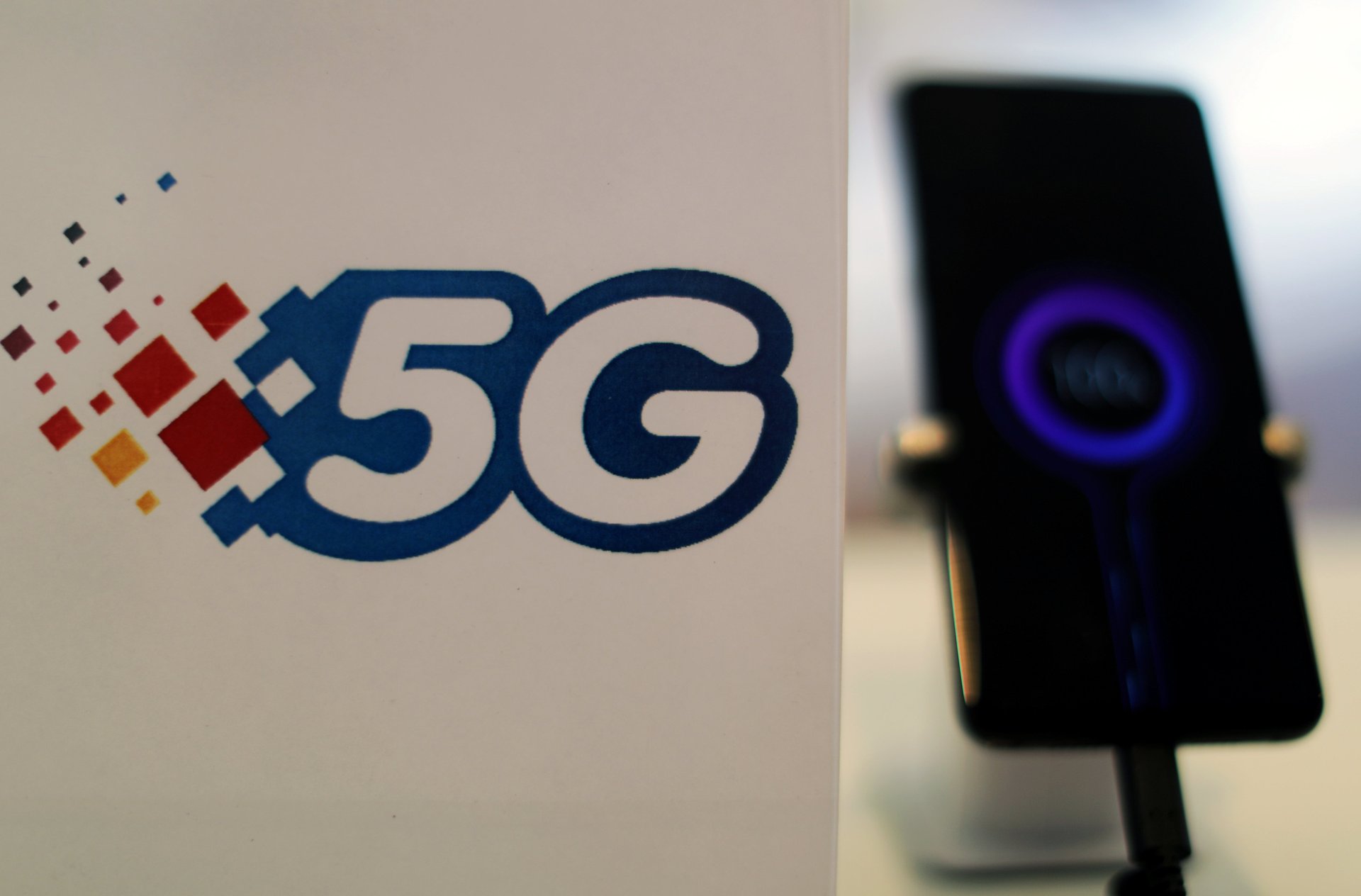Modi sets off a new phase of India's digitisation with 5G launch
Drone-based farming, AI-based cyber threat detection, ambupods—eight cities gear up for a new age.

Prime minister Narendra Modi today (Oct. 1) launched 5G spectrum services in India, potentially setting the course for the overhaul of the country’s digital infrastructure.
Modi inaugurated the service in New Delhi at the 6th India Mobile Congress, a telecom-media-technology forum organised by India’s department of telecom and the Cellular Operators Association of India.
“5G...will help the country leapfrog the traditional barriers to development, spur innovations by startups and business enterprises as well as advance the ‘Digital India’ vision,” an official release of the event said.
Modi witnessed first-hand the various possibilities of the technology, touted to add wings areas such as drone-based farming, AI-based cyber threat detection, automated guided vehicles, smart ambulances or ambupods, the use of augmented reality in education, and digitised sewage management.
Technology experts have predicted 5G to add $455 billion to the Indian economy between 2023 and 2040, NDTV reported today.
Besides Bharti Airtel, which launched its 5G services in eight Indian cities today, the focus is also on billionaire Mukesh Ambani-led Reliance Industries’ Jio.
The recent Indian telecom spectrum auction saw Jio gobbling nearly half the airwaves sold. The latest entrant into the industry in India, the Reliance company’s blitzkrieg has made it a pillar of the industry in a short span of time.